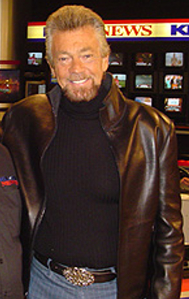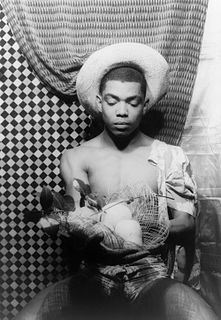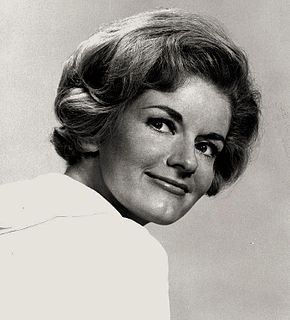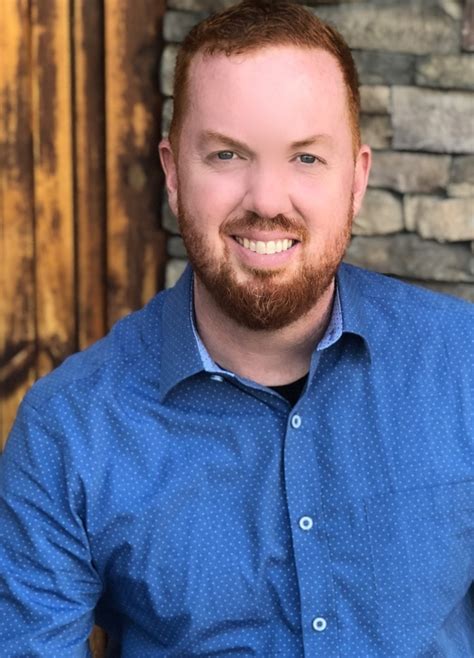A Quote by Stephen J. Cannell
The first act is the easiest to plot. The second act is always the hardest to plot. Generally a good, you know, sometimes the third act can be difficult because you can get into a rut in the third act - everybody runs to their Corvette, has a chase, and you catch the bad guy.
Related Quotes
As I saw my 60th birthday approaching, I thought,What did 60 mean to me? I figured I'd probably live until I'm about 90, which meant that I was at the beginning of what I call my third act. As an actress, I know how important the third act is. It makes sense of the first and second acts. You can have first and second acts that are interesting, but you don't know what they mean. Then a good third act pulls it all together. And so I knew that, because I sat by my father's side over the long months when he was dying.
I enjoy a third act, and I like stories with ending. A lot of my frustration with serialized storytelling is a lot of shows don't have a third act. They have an endless second act, and then they find out it's their last year and often have to hustle to invent a third act, but they were never necessarily organically meaning to begin with.
Why does a woman carry a gun? Because, under our system, every citizen has the latitude to act in the absence of police; the latitude to act reasonably, to act immediately, to act in defense of self, to act in defense of another, to act with lethal force, to act with her acquired training and to act not in anger but to respond in purpose. To exercise the protections of that latitude in public policy, public interest and practical safety, all that is demanded of her is that she act reasonably under the circumstances.
Introduce your main characters and themes in the first third of your novel. If you are writing a plot-driven genre novel make sure all your major themes/plot elements are introduced in the first third, which you can call the introduction. Develop your themes and characters in your second third, the development. Resolve your themes, mysteries and so on in the final third, the resolution.
I approach my life with logic. I do not act on impulse or emotion. I very seldom find that I say, 'And then I can't think what came over me, but I did this or that or the other.' I nearly always know how I will act and I nearly always act in that way. I don't catch myself out in embarrassing situations because I've acted without forethought. I calculate what I will do.






































